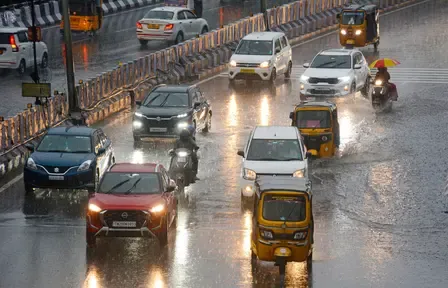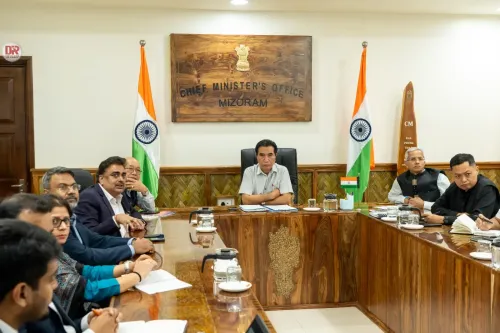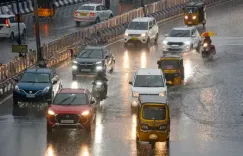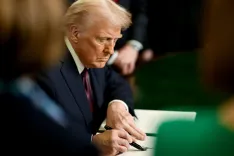Has the SC Taken Suo Motu Notice of ‘Digital Arrest’ Scams?
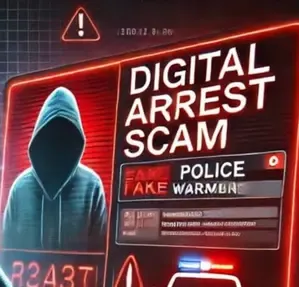
Synopsis
Key Takeaways
- Supreme Court's proactive role in addressing digital scams.
- Rising incidents of fraud targeting vulnerable populations.
- Collaboration between legal authorities and police is essential.
- Importance of public trust in the judicial system.
- Need for legal accountability in the digital age.
New Delhi, Oct 17 (NationPress) The Supreme Court has, on Friday, sent notices to the Union Home Ministry, Central Bureau of Investigation (CBI), and other relevant authorities regarding a suo motu case concerning the alarming rise of “digital arrest” scams. In these scams, criminals impersonate judicial officials using falsified documents to defraud individuals, especially the elderly.
A Bench comprising Justices Surya Kant and Joymalya Bagchi has also requested the assistance of the Attorney General for India in a case titled ‘In Re: Victims of Digital Arrest Related to Forged Documents’.
This suo motu case originated from a letter dated September 21, submitted by Shashi Sachdeva and Harish Chand Sachdeva.
According to the apex court's report, “The Hon’ble Court has seen fit to register a Suo Moto Writ Petition based on a letter dated 21.09.2025 sent by Ms Shashi Sachdeva and Harish Chand Sachdeva. Therefore, Suo Moto Writ Petition (Crl.) No. 3 of 2025 has been registered.”
In a shocking account, a 73-year-old woman from Ambala, Haryana, reported that fraudsters executed a so-called ‘digital arrest’ on her, extorting over Rs 1 crore using counterfeit Supreme Court orders. She claimed that the con artists presented a phony order allegedly signed by former CJI Sanjiv Khanna.
The Supreme Court’s directive highlighted the serious nature of forging judicial documents and exploiting the court’s name, seal, and authority.
“The creation of judicial orders with forged signatures undermines public trust in the judicial system and the rule of law. Such acts are a direct affront to the dignity of the institution. These serious criminal offenses cannot be dismissed as mere instances of cheating or cybercrime,” emphasized the Justice Kant-led Bench, calling for collaborative efforts between central and state police agencies to fully uncover the operation involving counterfeit judicial documents.
By issuing notices to the Centre, CBI, and the Haryana government, the Supreme Court also instructed the Haryana Police and the SP, Cyber Crime, Ambala, to present a status report on the ongoing investigation.

